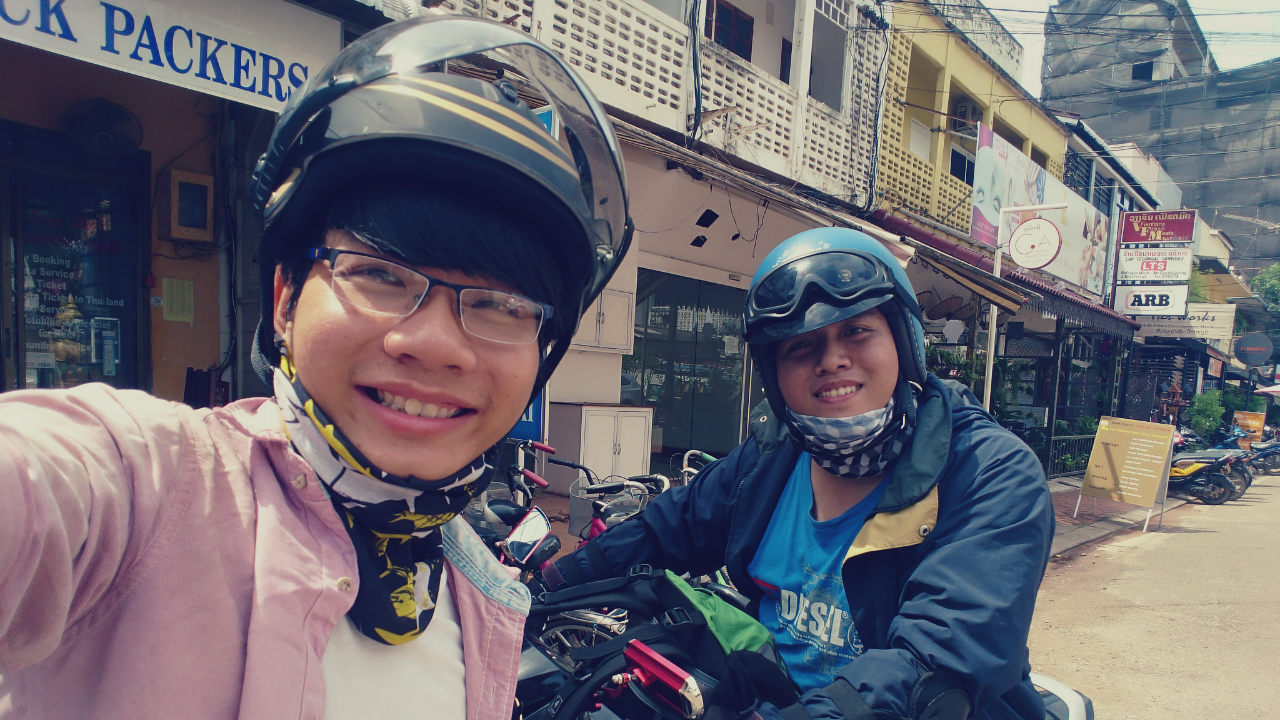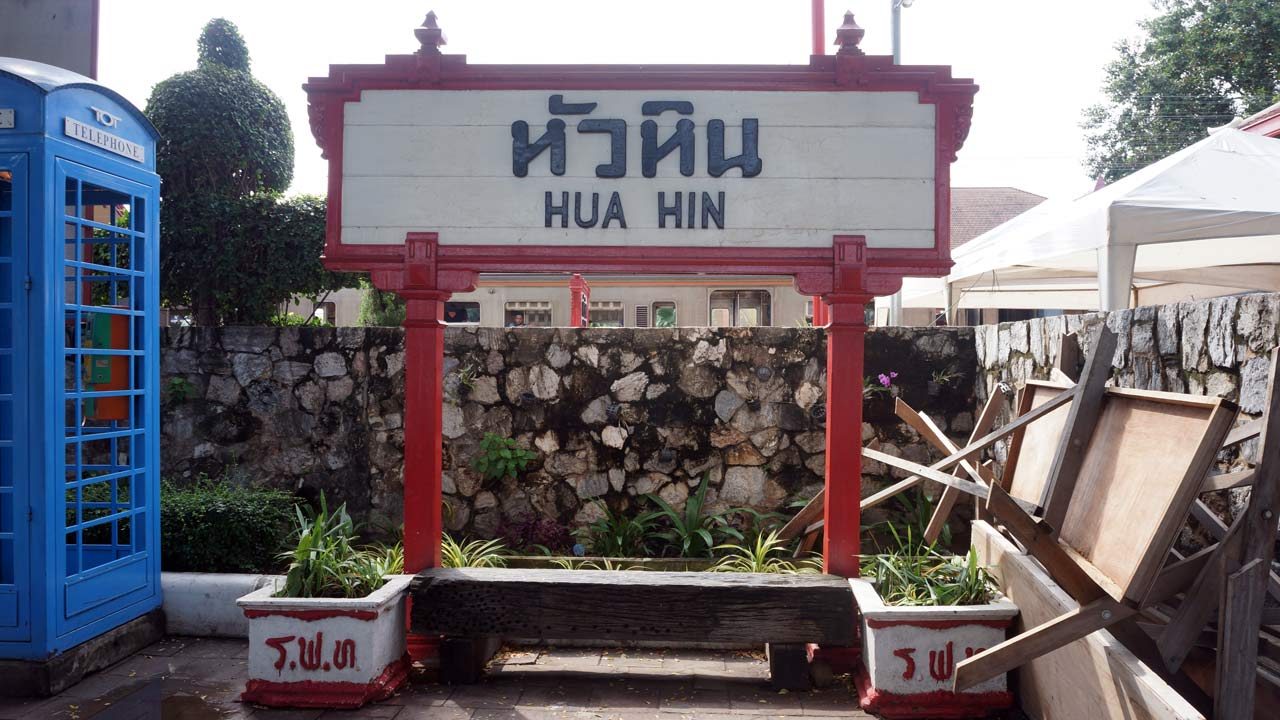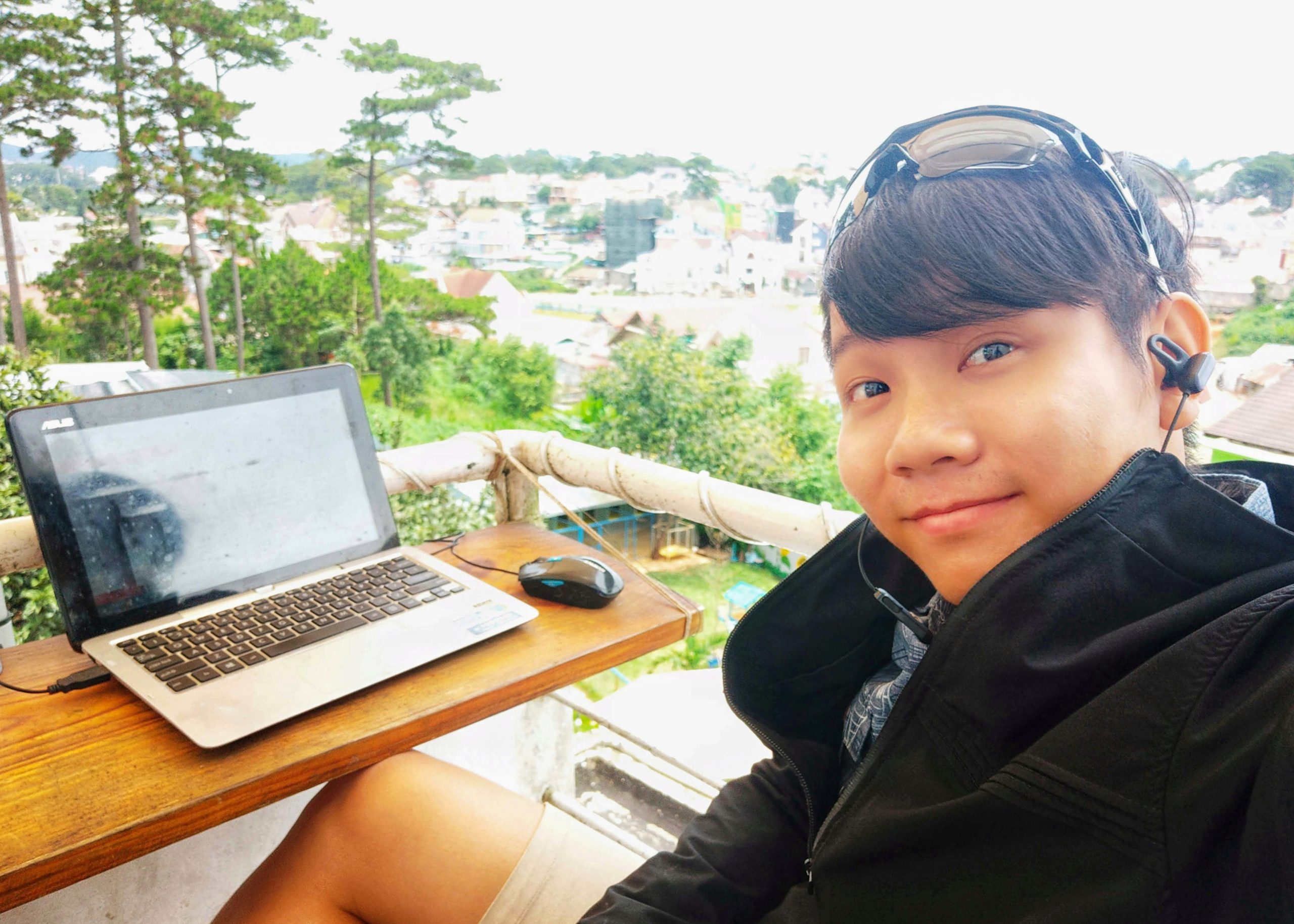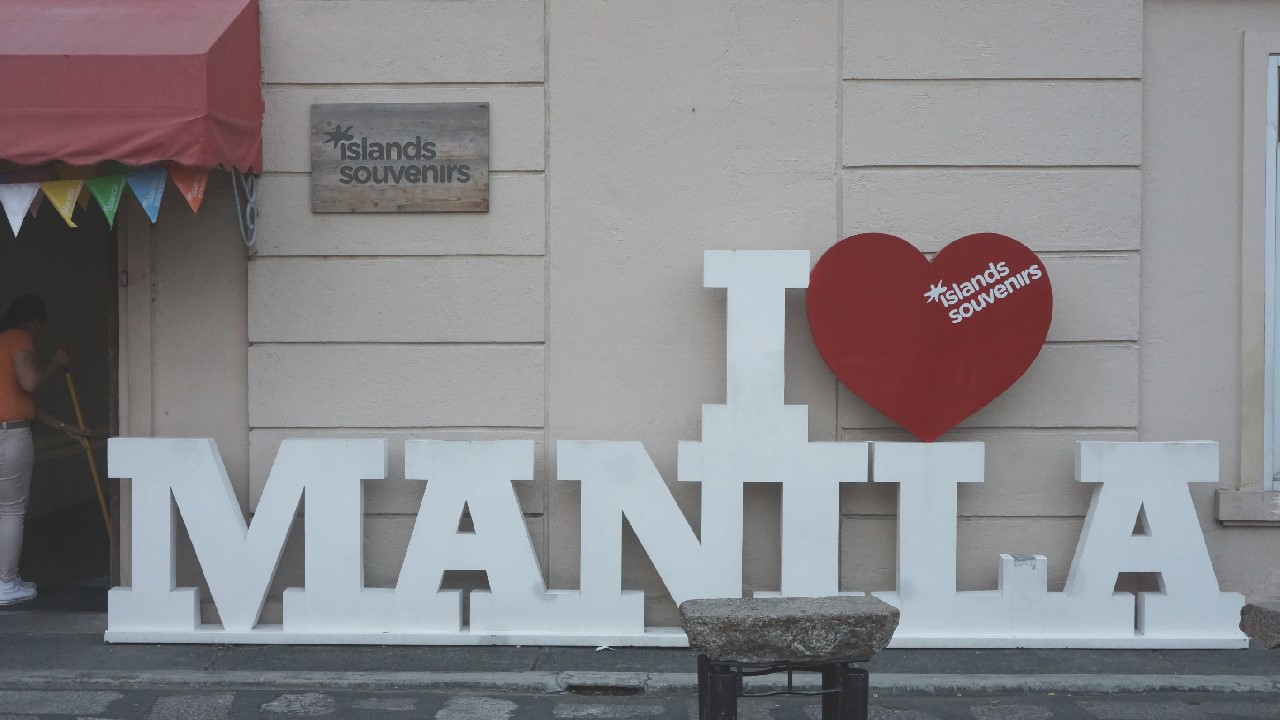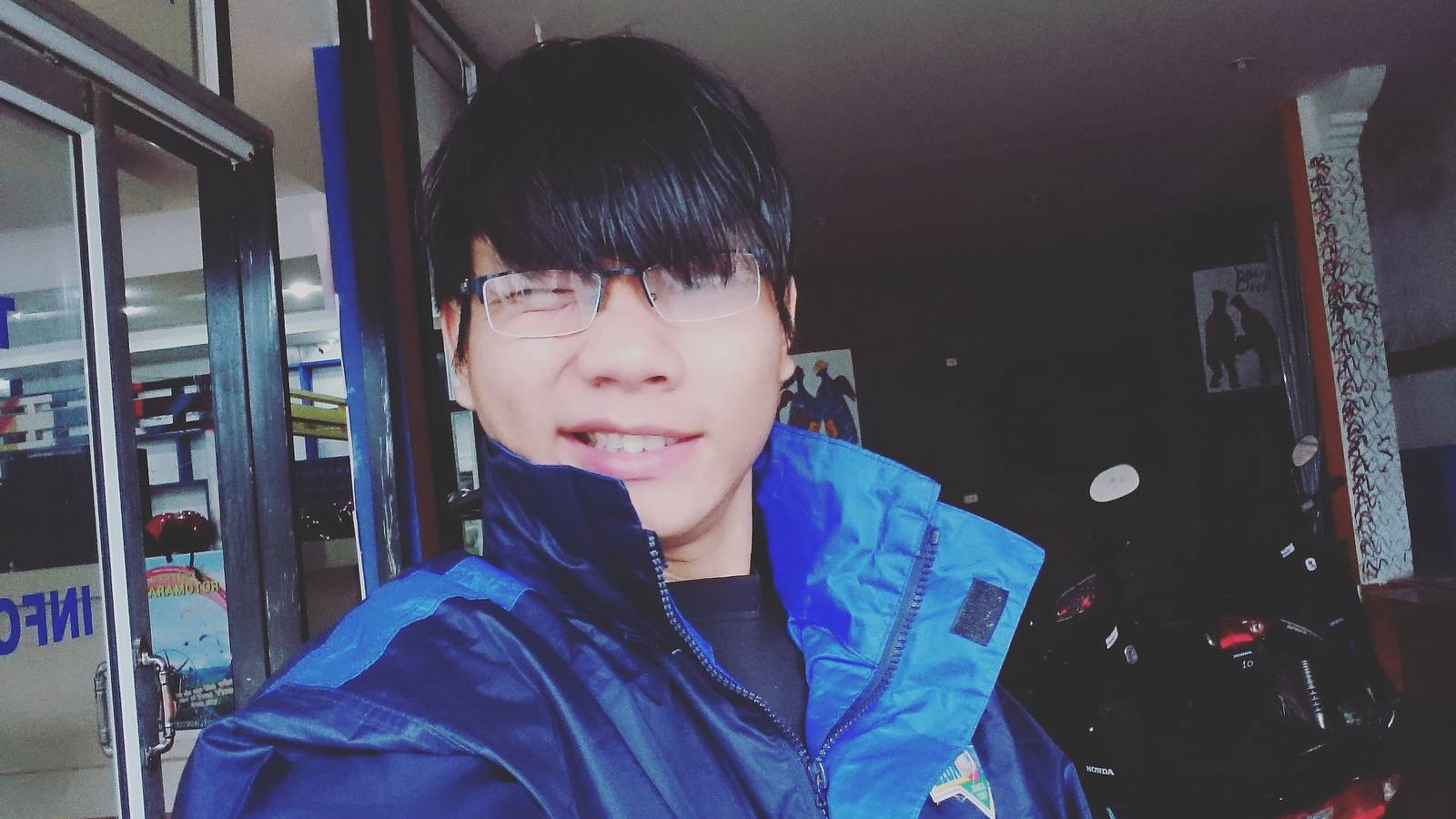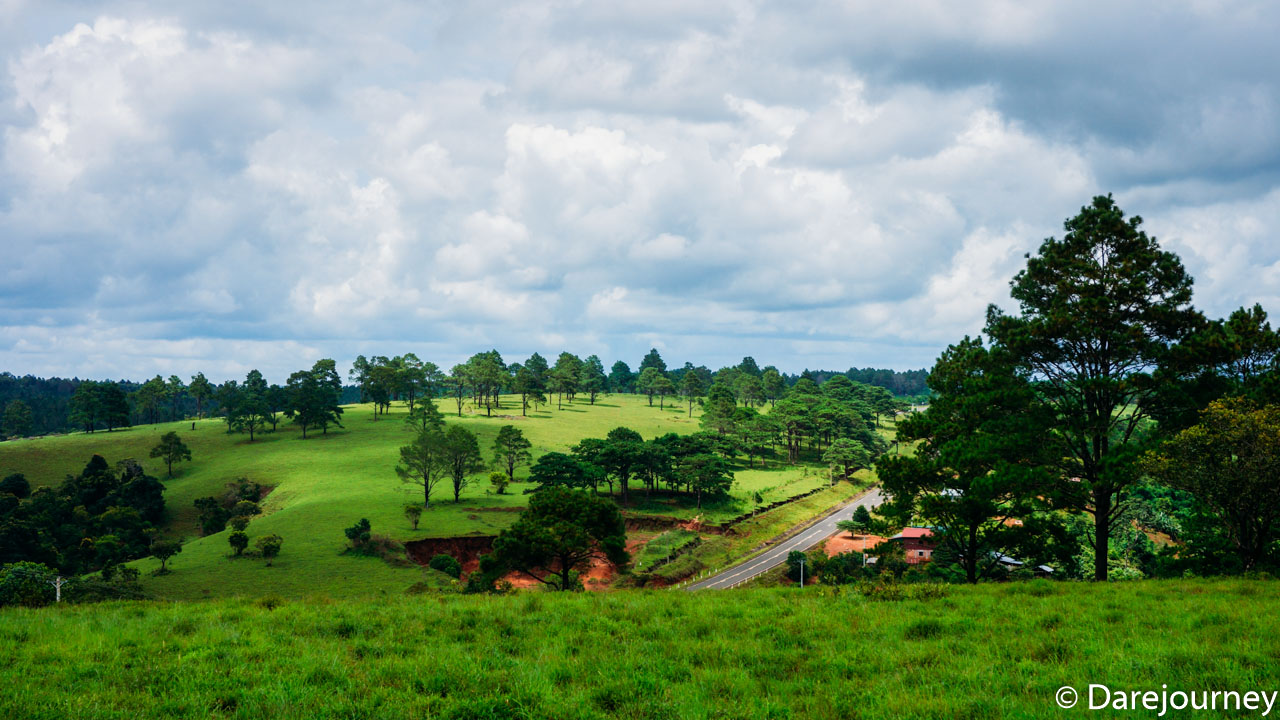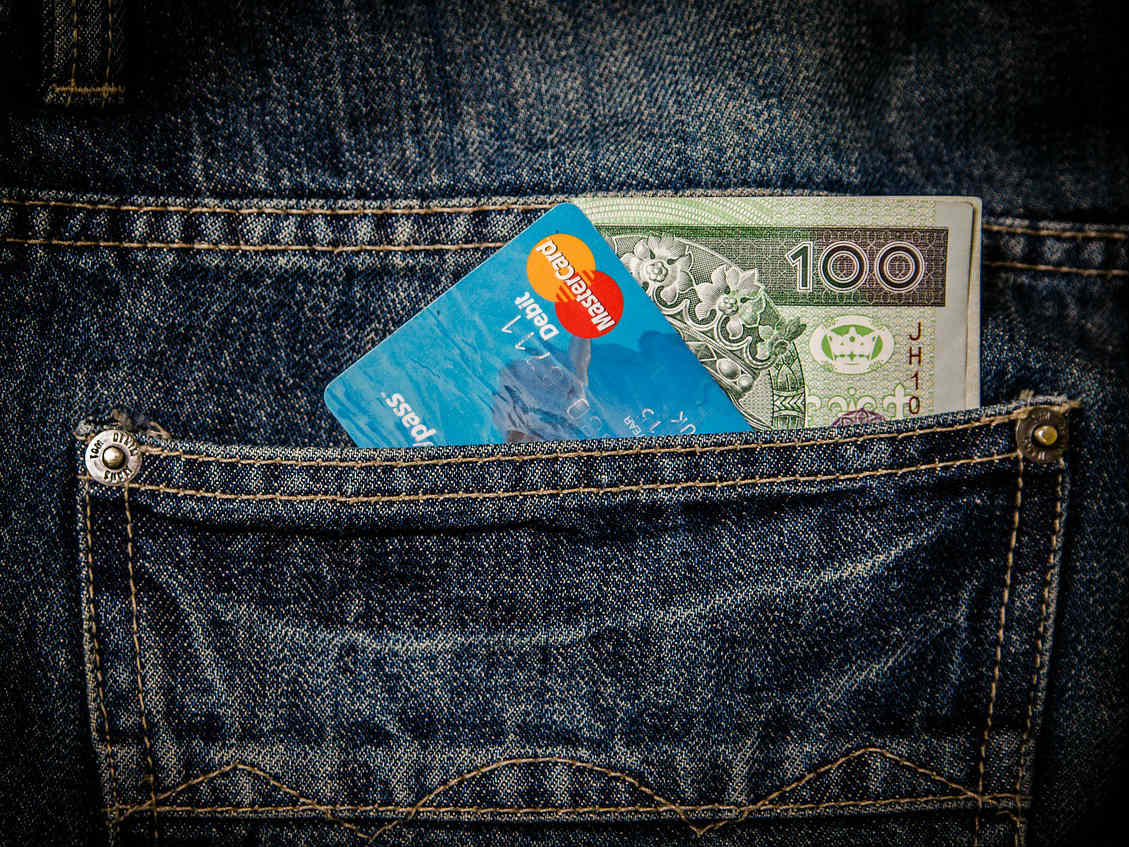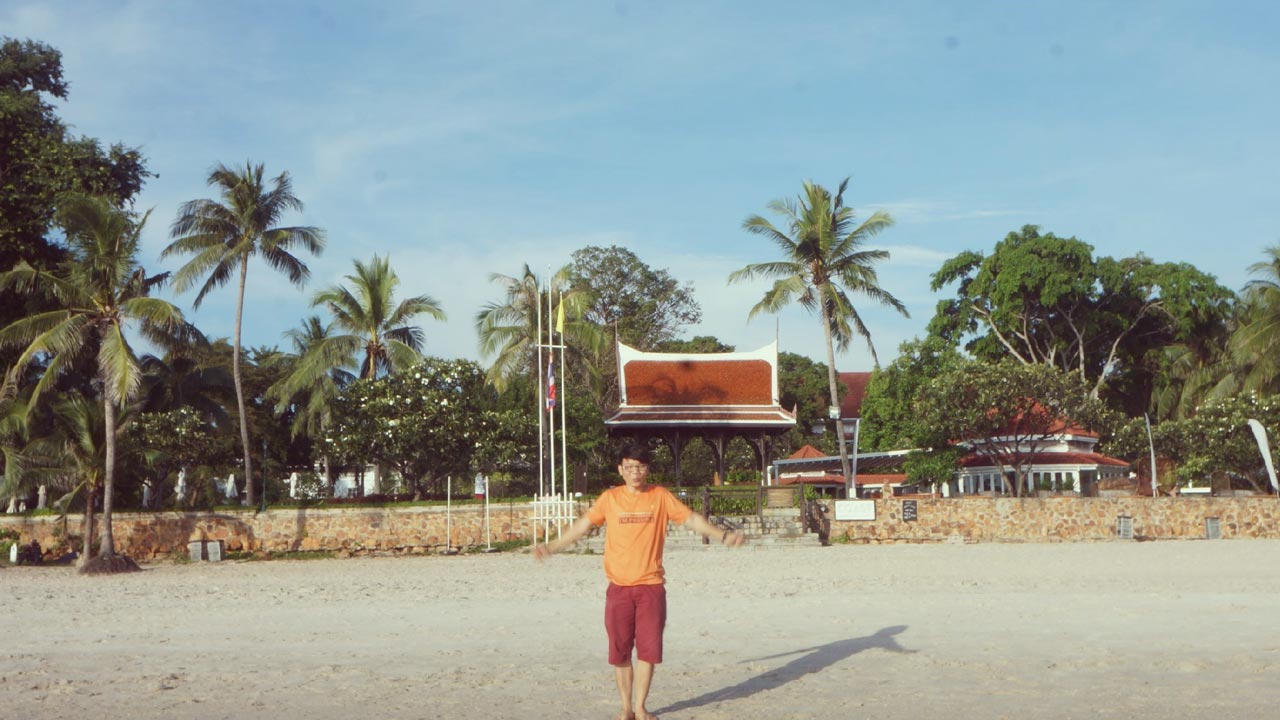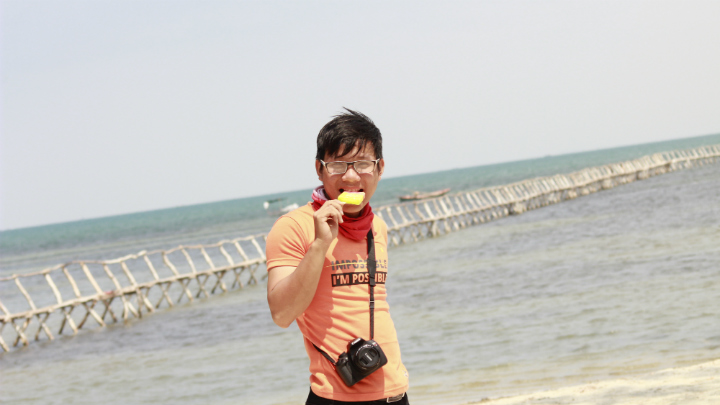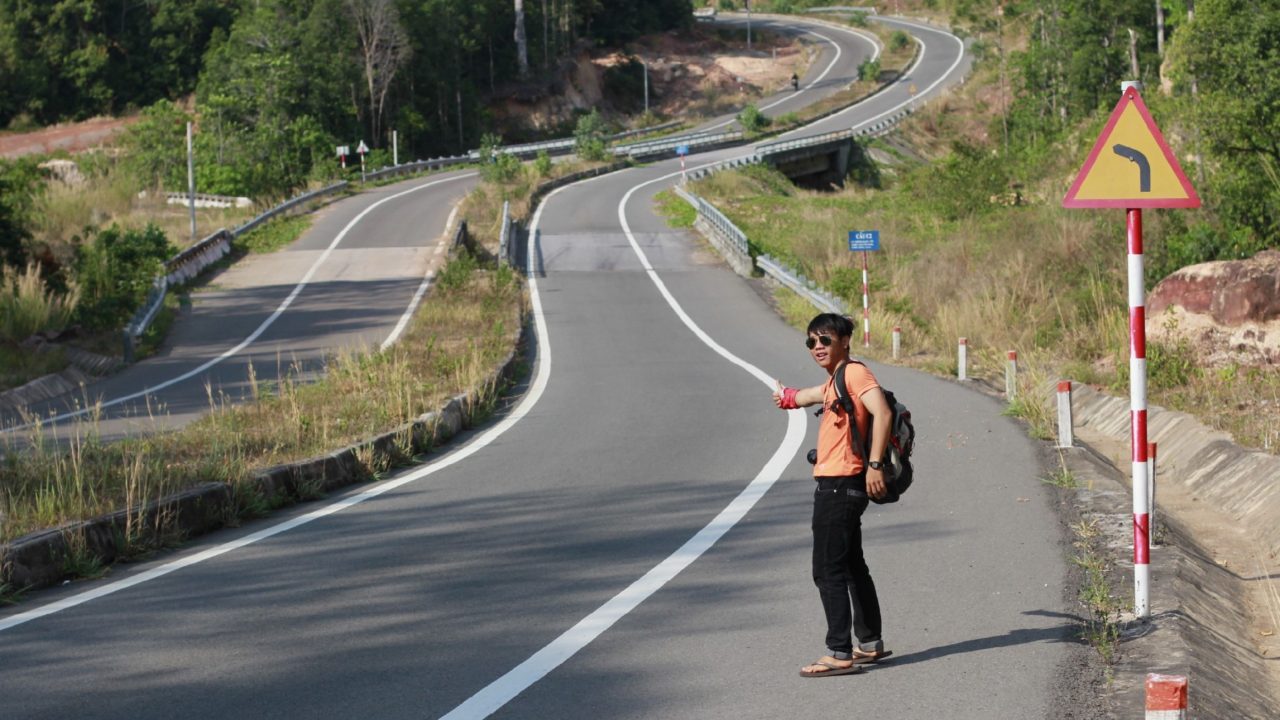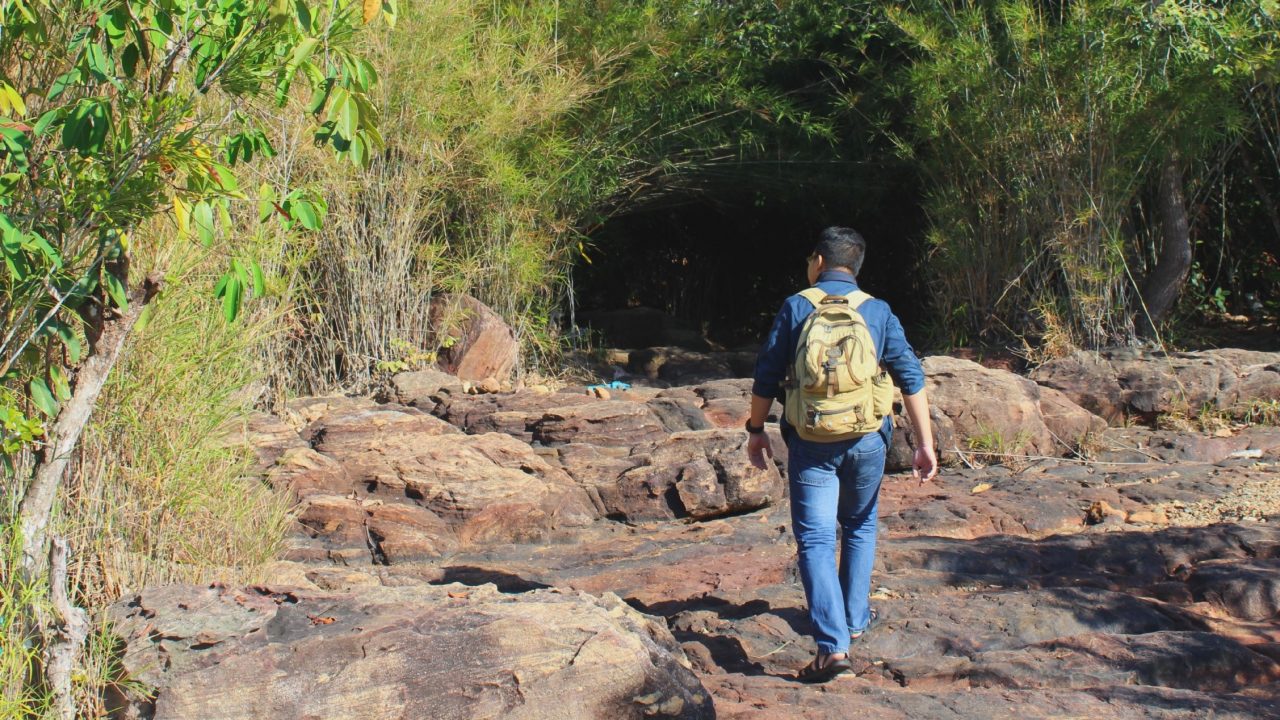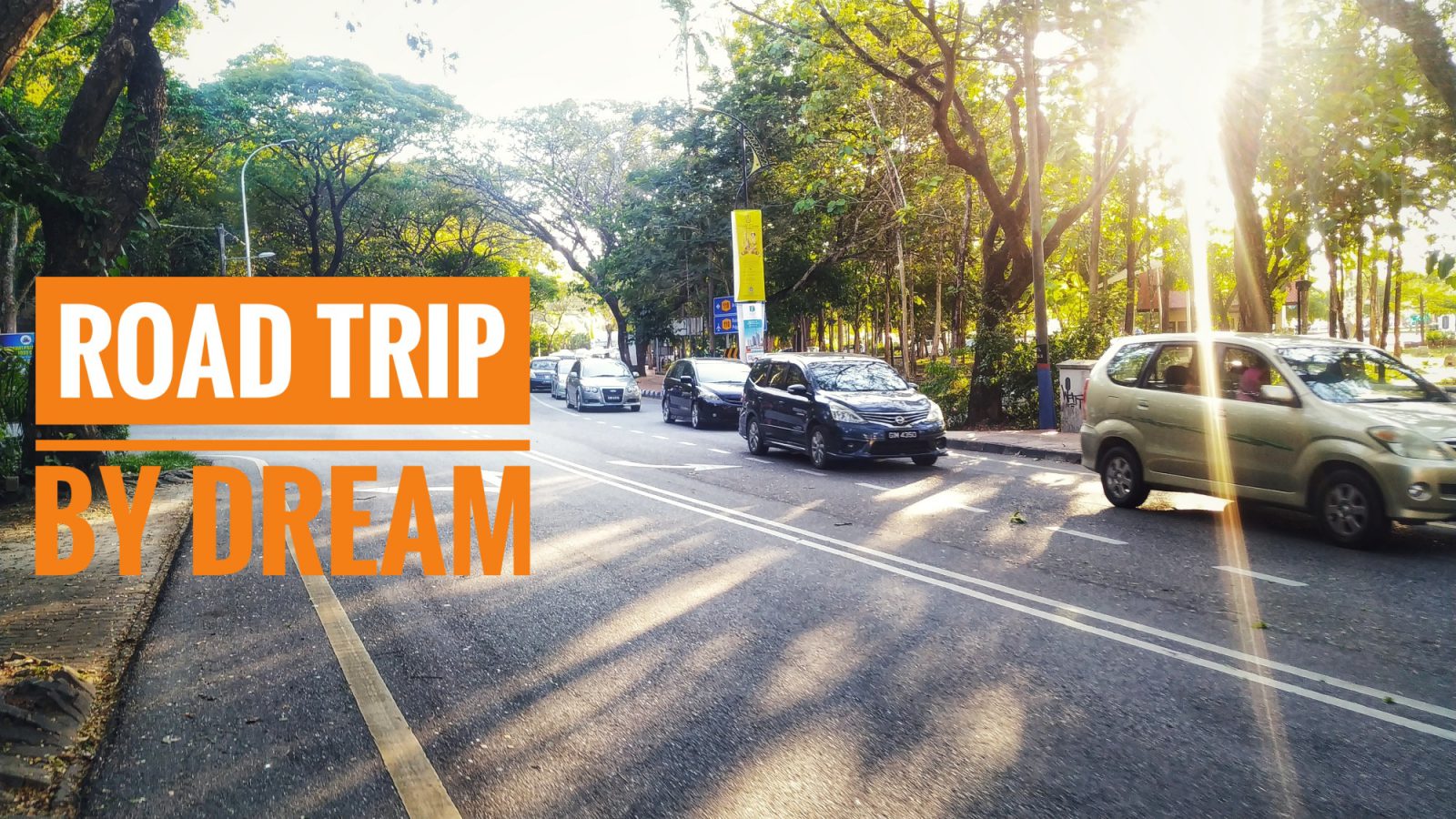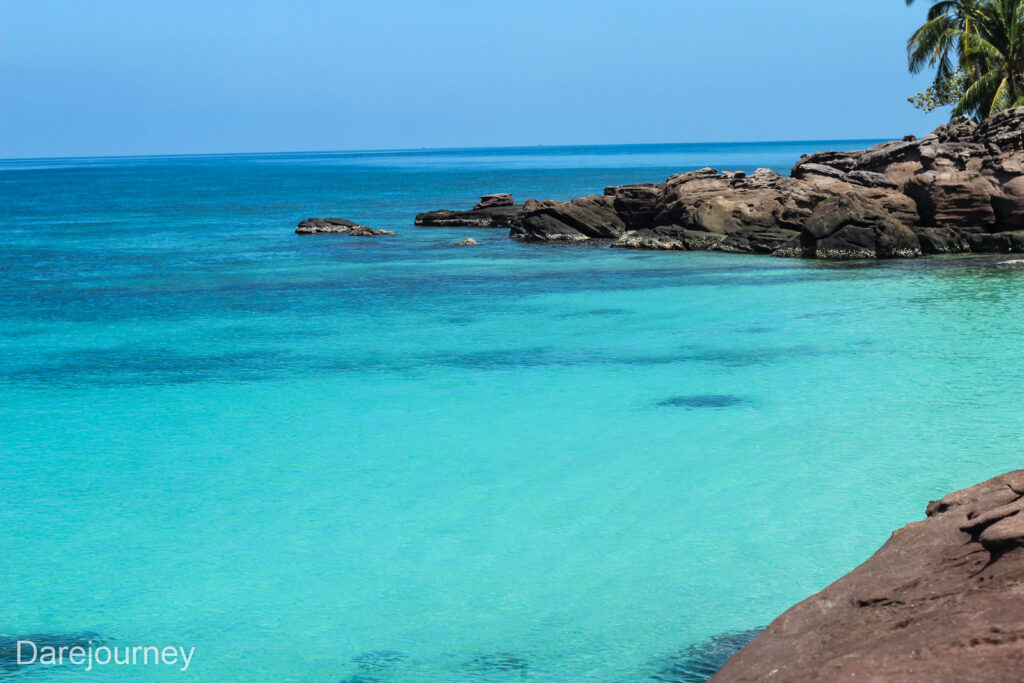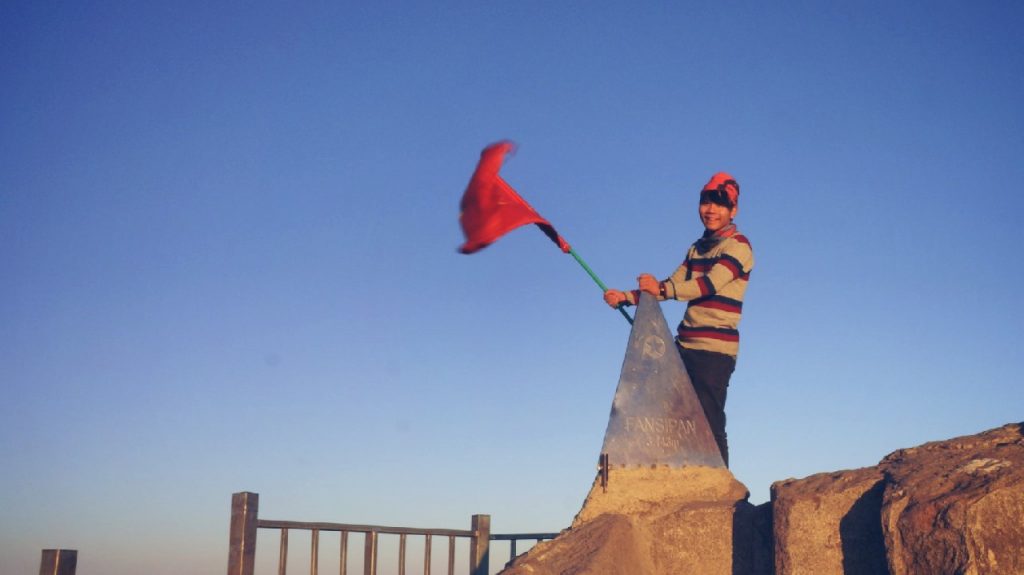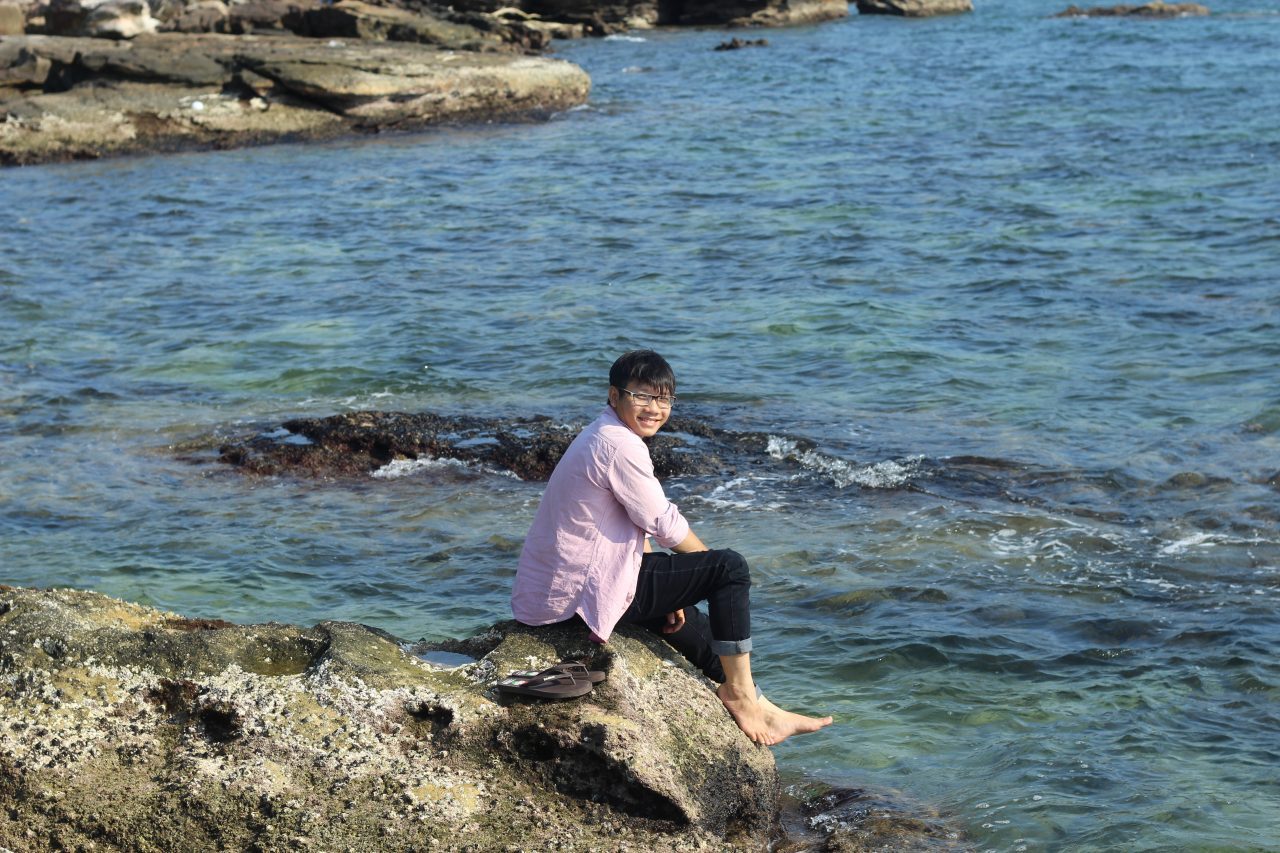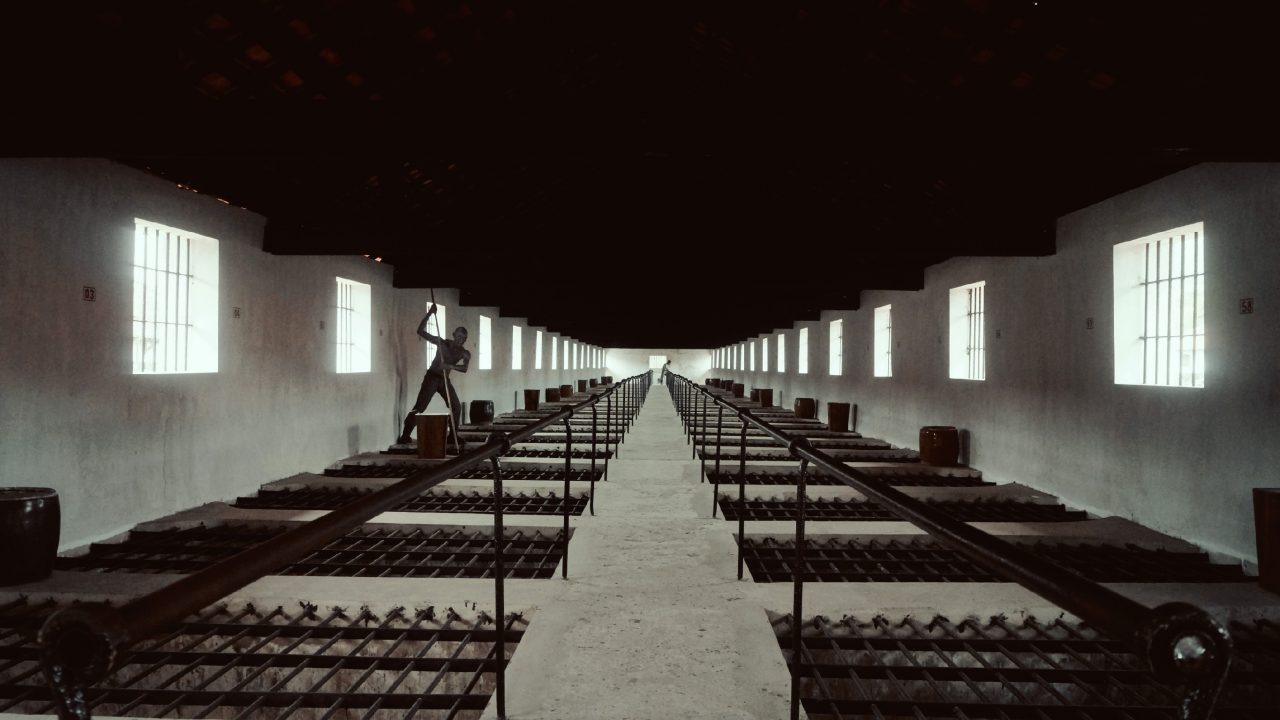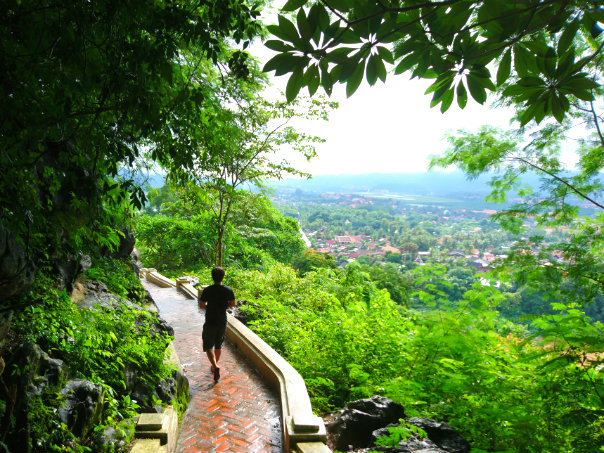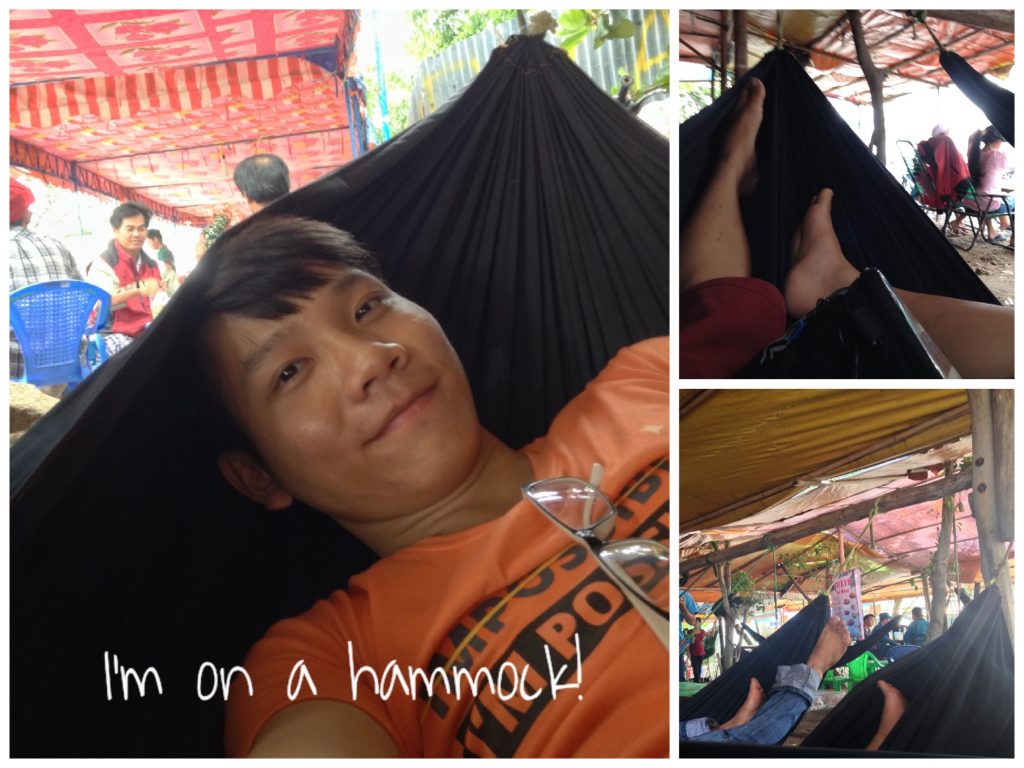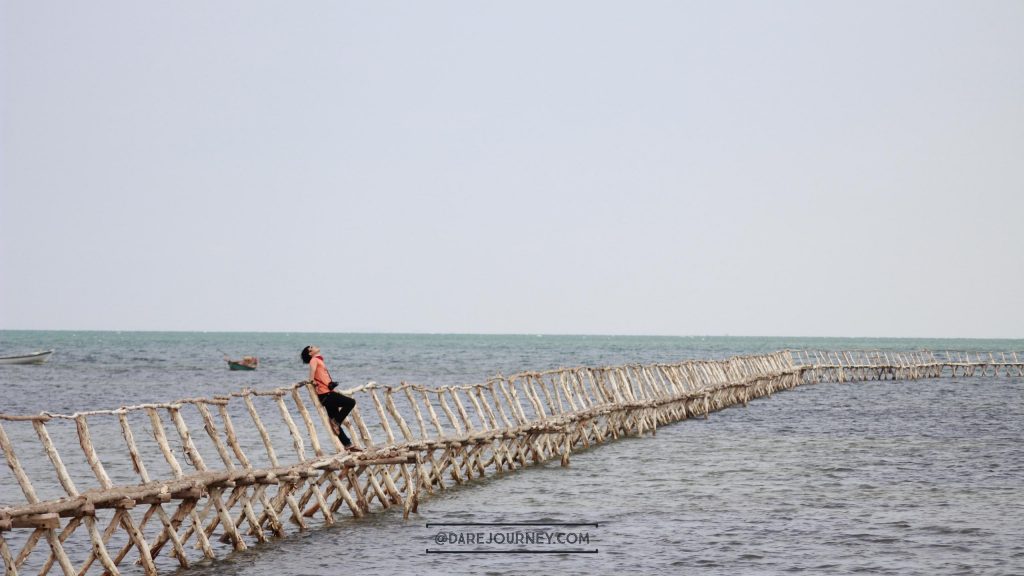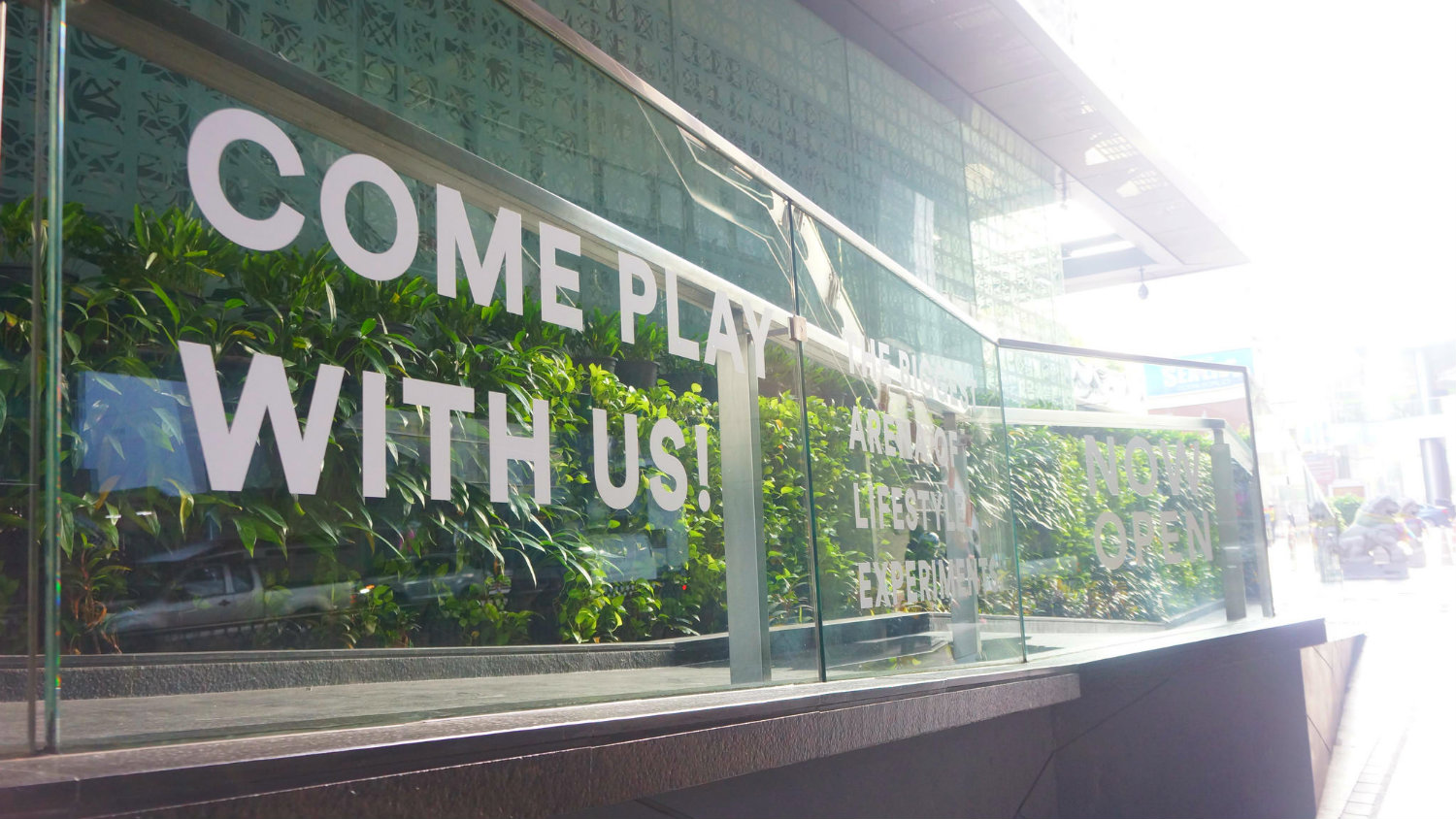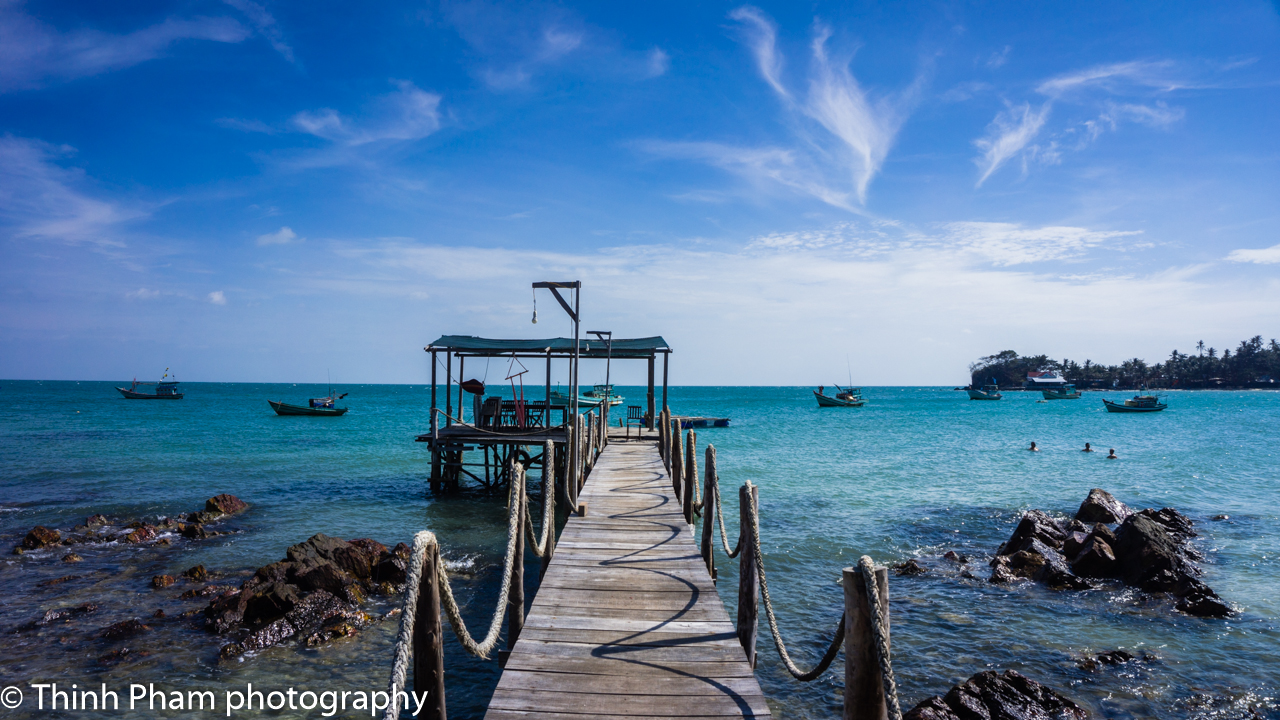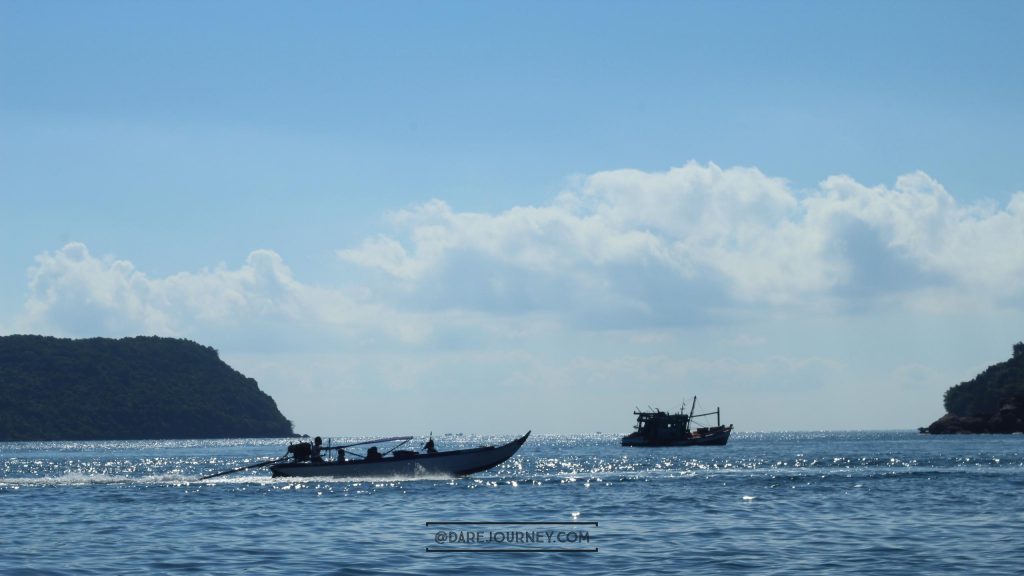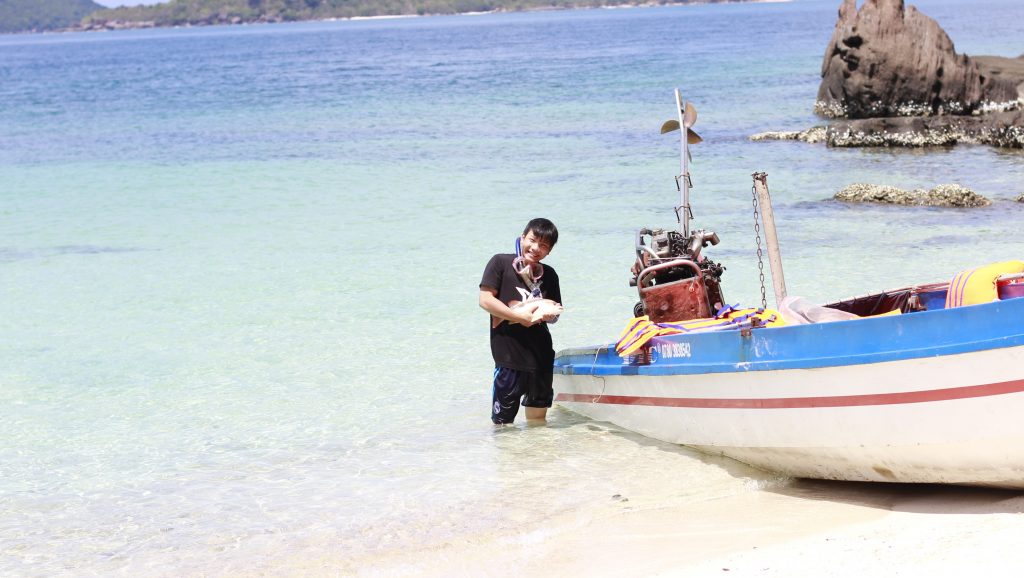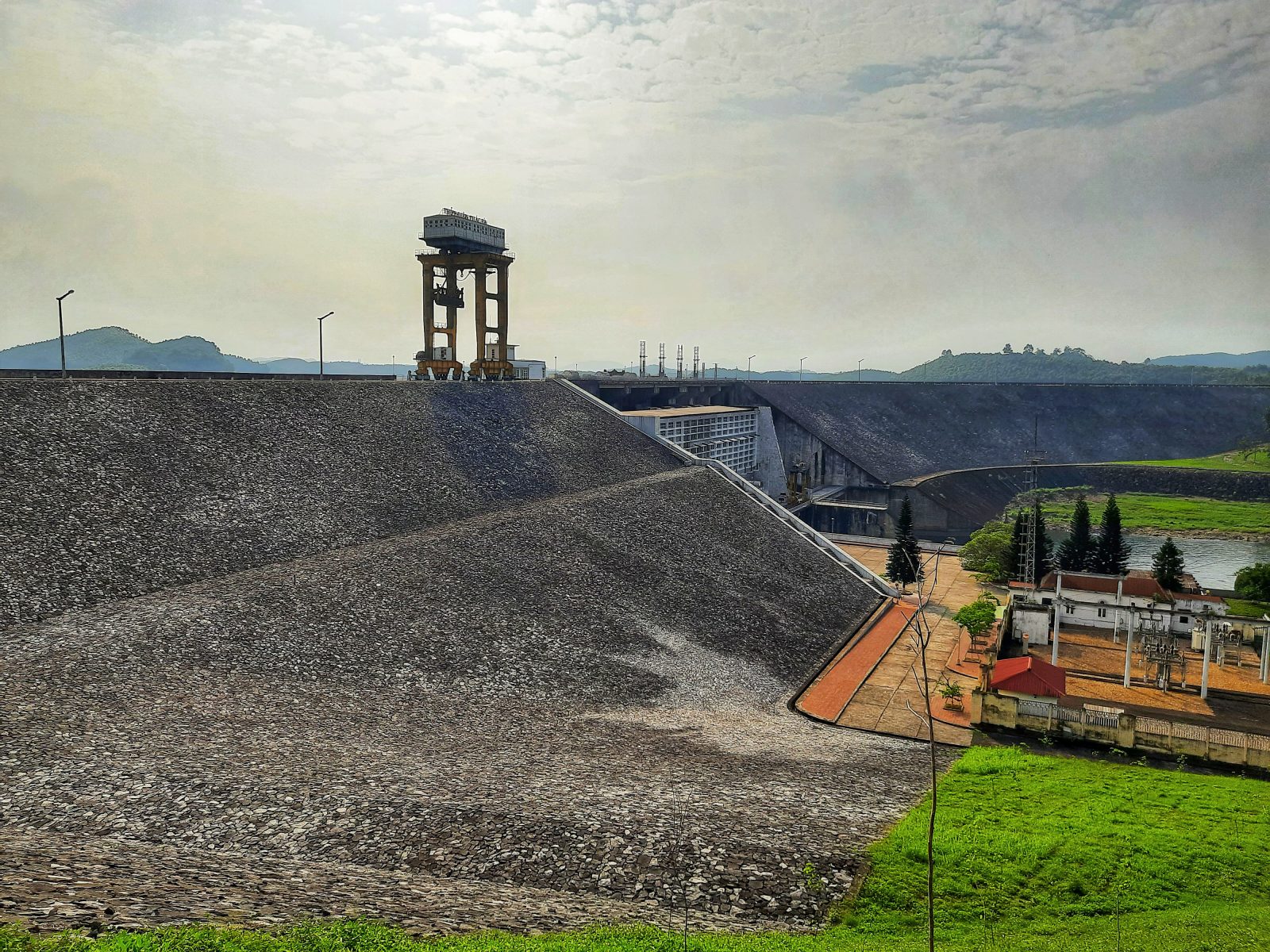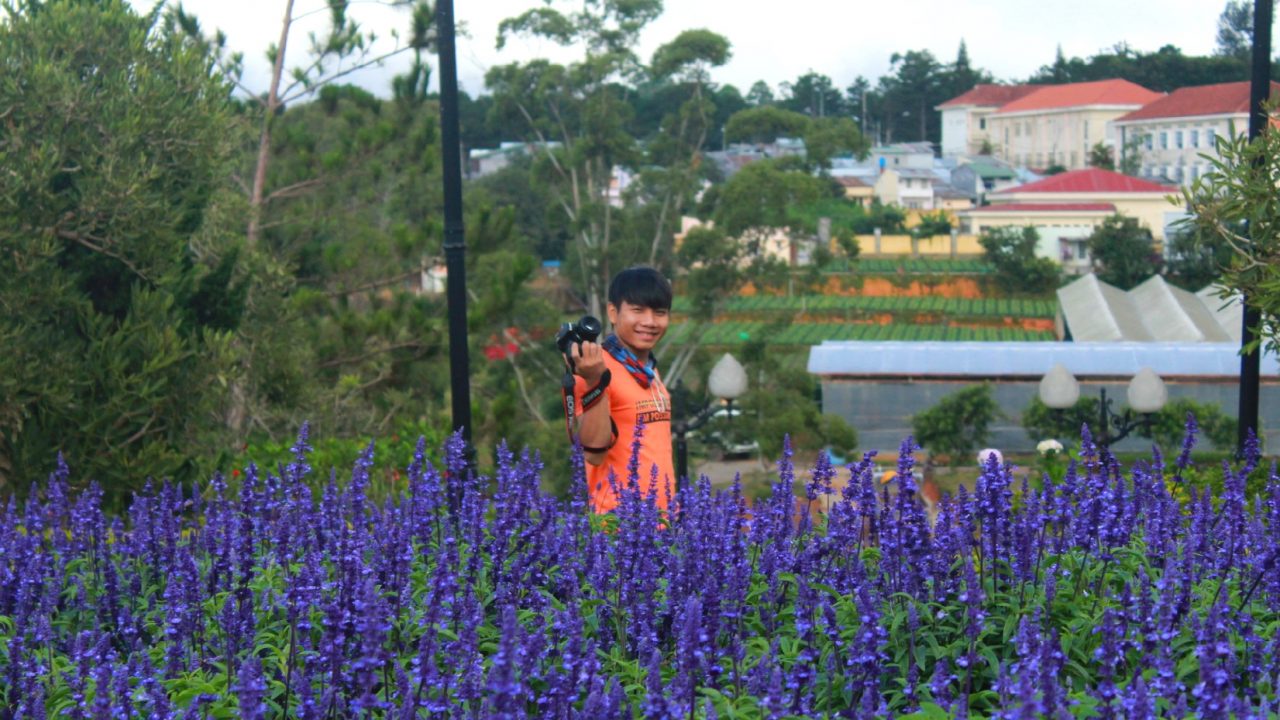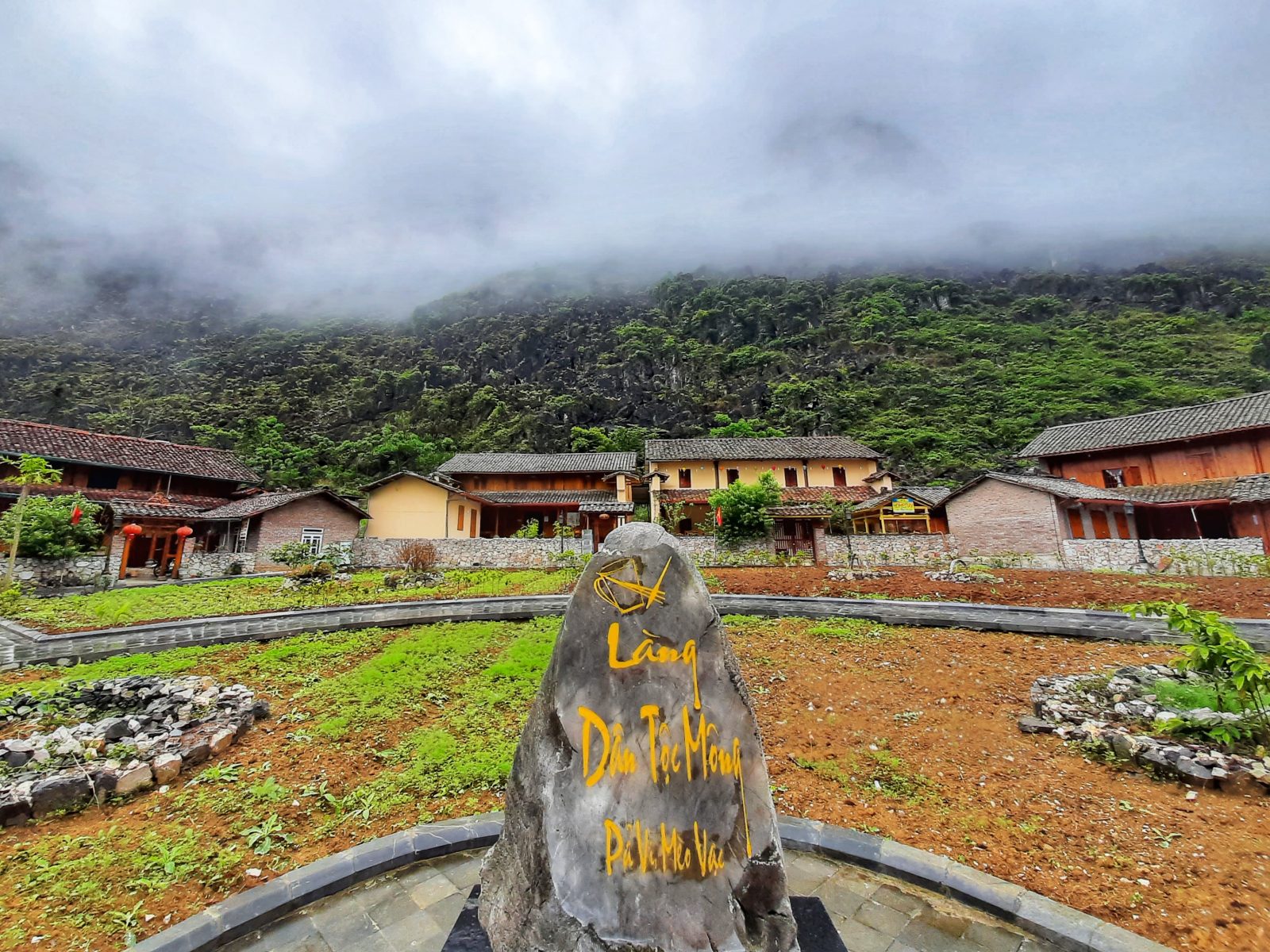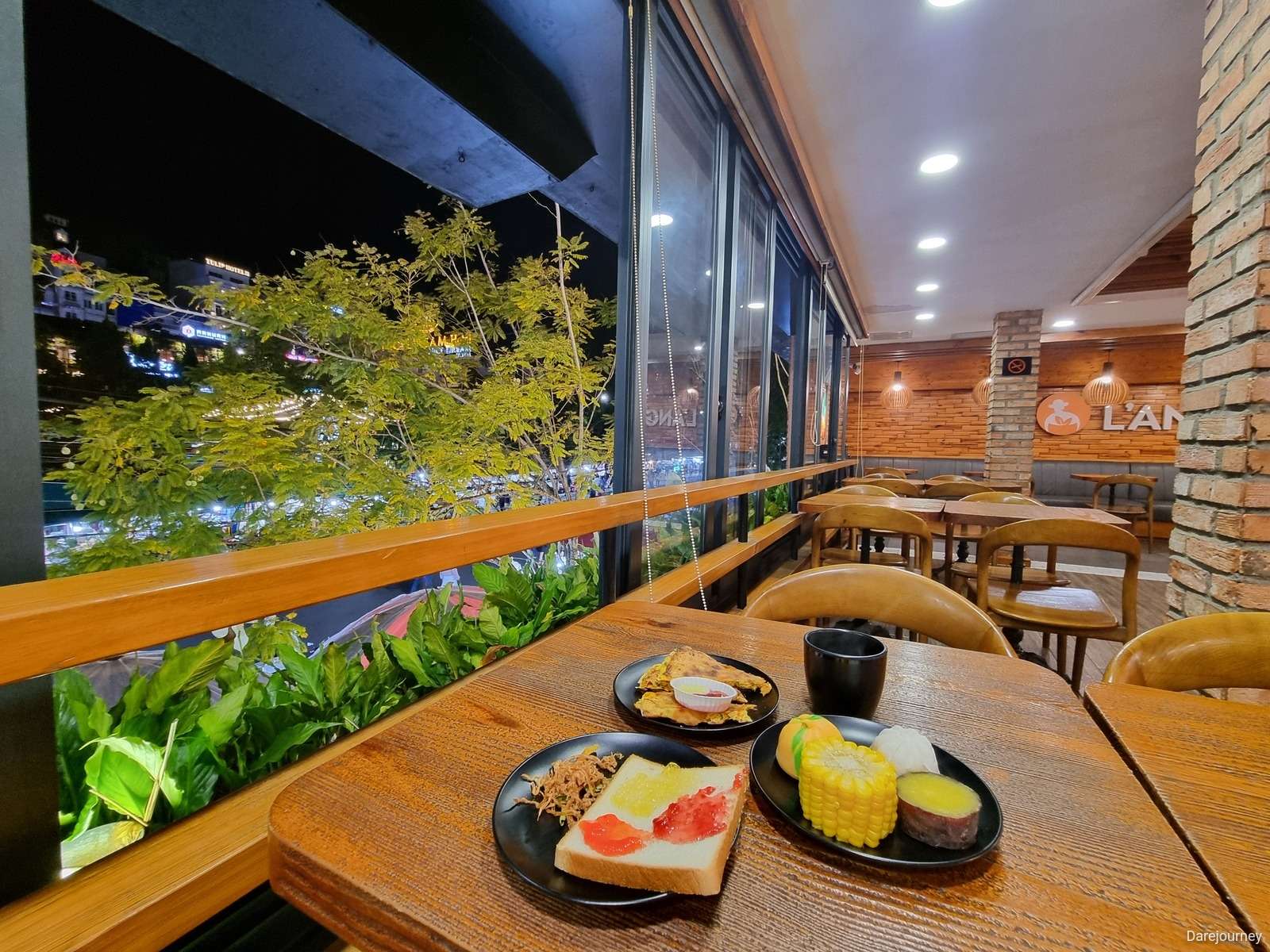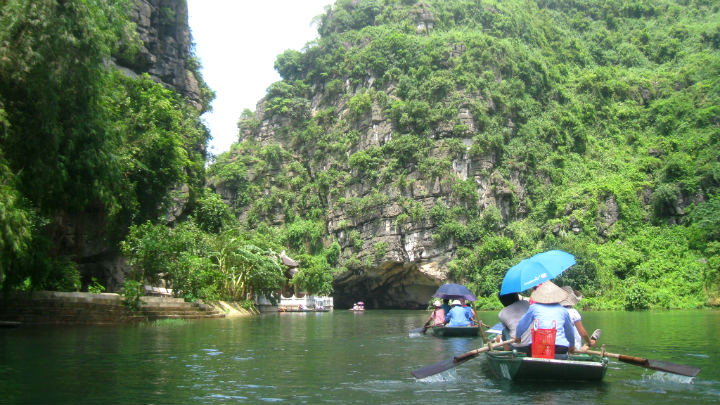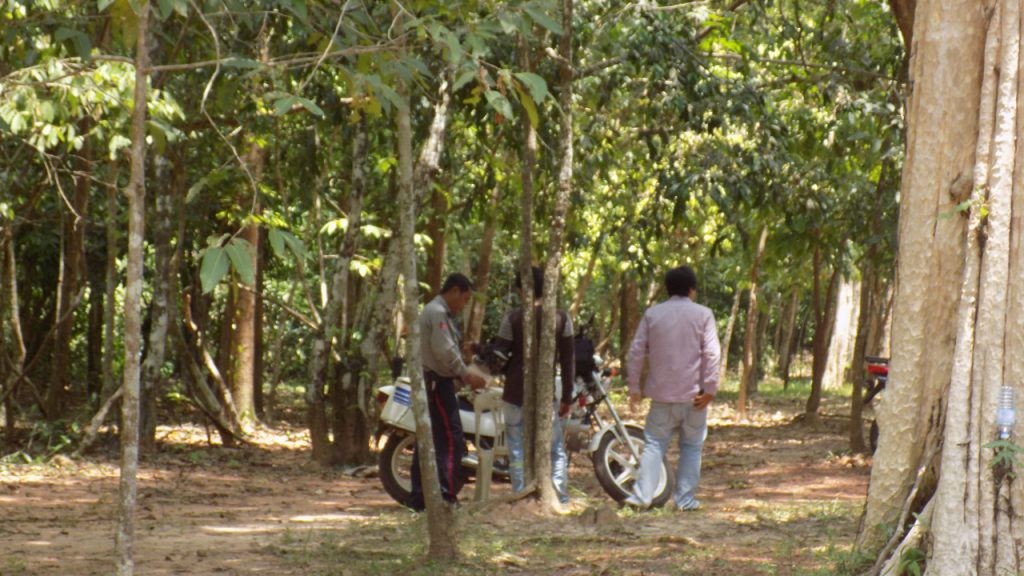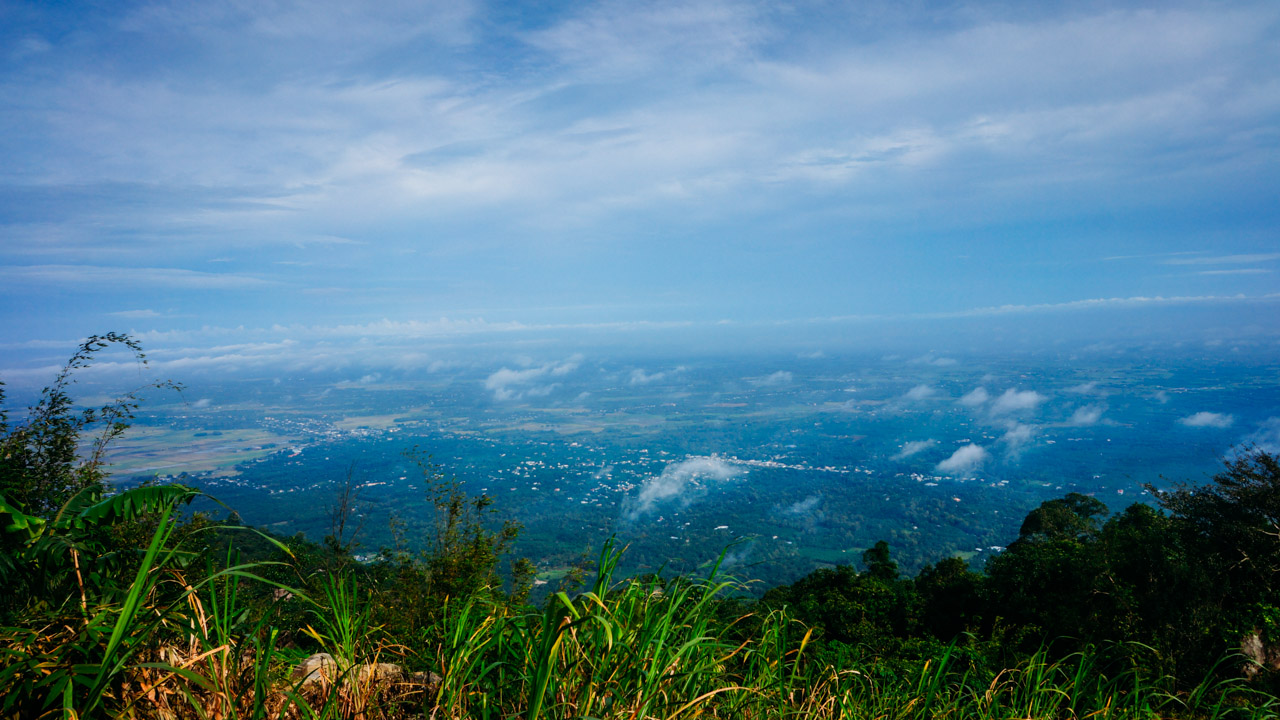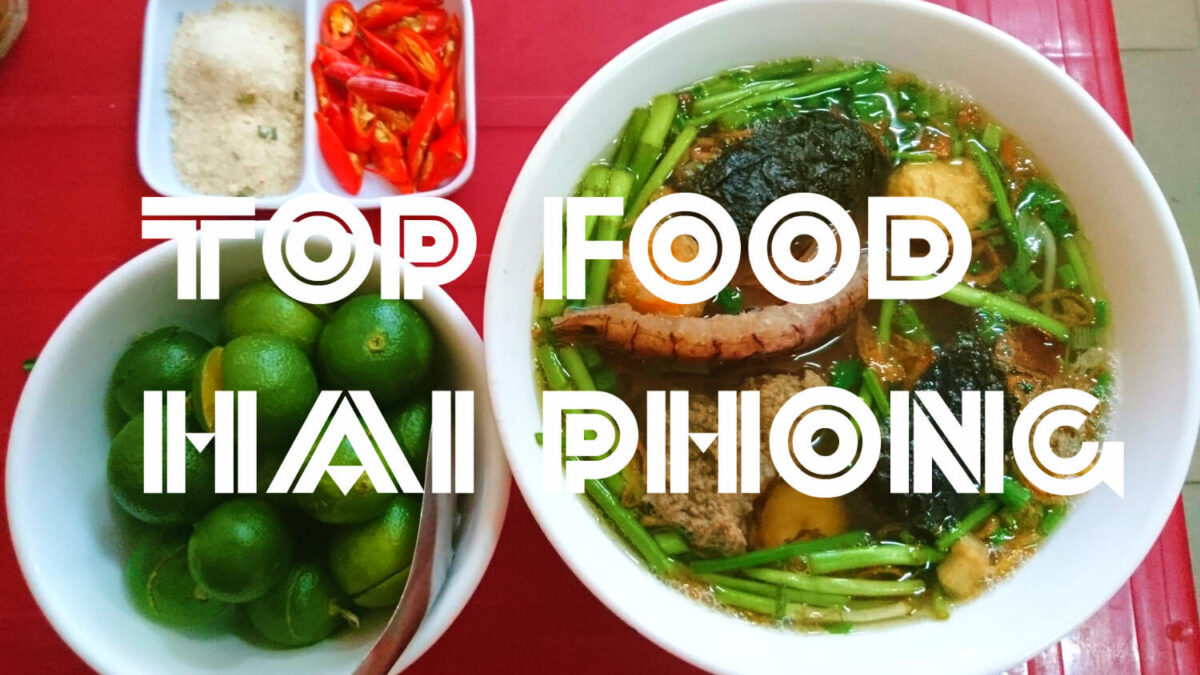-
Vang Vieng to Luang Prabang: Roadtrip tips
One of the most exciting adventurous roadtrip I’ve ever made. It’s quite dangerous if you’re not well-prepared so I note some important tips help you to finish it ! Gasoline station When planning, we thought that the route was very long and tough, stiff uphill, and the fuel would be much more consumed than usual, the gasoline station might be rare because of mountainous terrain. However, when we were on road, we found out something: The gasoline were quite close to one another, just 30-50 km, so no need to bring a back-up fuel container. And even if there was no nearby station, you can buy gasoline at mostly groceries…
-
Stopped by traffic polices in Vientiane and how to deal with them
Rental bike means sometimes you get caught by local traffic police. I did once in Vientiane, and tried to deal with it. Below is my story and some tips, hopefully it’s useful for you. The last day in Vientaine, after an extreme bike trip from Phonxavan, we took a visit That Luang and Patuxay. While we were stopping at an intersection, a police officer pointed at us, look like we just wrong lanes. However, he possibly saw our confusing and thought we were foreigners then waved us toward their booth. As usual, he asked for our papers, of course, we didn’t have bike license because of bike rental but we…
-
How to make a “practical” Travel Budget
You have a trip that you’ve been dreaming for years and now you make it come true. After choosing must-visit destinations, read many guide books and consult travellers before, suddenly you recognize that how much will this trip cost? How much travel budget do you need to pay on whole your trip? So to have a good budget travel trip – spend least earn most, you should sit down and make a list about travel budget. Why do? Because travel expense can depend on how you travel, what destinations, food and so on. So, make a loose travel budget plan is very essential. Now, let’s try! Travel budget for Transportation Firstly, you determine what attractions you will…
-
Backpacking: Things You May Not Know
Many people backpack nowadays, but few one know what “Backpacking” is. I’ll tell you what I think of the lifestyle and why I love it! What is backpacking travel and who are backpackers ? Backpacking is the art of travel the world with a backpack, and anyone carrying a backpack and a soul of travel is backpacker. It’s simply. When you “backpack”, you feel completely independent and authenticity. you eat what you wanna eat, visit any destinations in your travel bucket list and meet like-minded people, whom you can talk with whole day. It’s your life in a way you want it to be. It’s not just a holiday, it’s a life-changing moments, and you’ll love that. When I was…
-
Ultralight backpacking gear guide for travel-the-world backpackers
Backpacker’s close friend is his/her backpacking gear , so decision of what to be with and what should be left is very important Why we should choose ultralight backpacking gear? It’s simply. When you backpack lighter, you have more energy to enjoy the journey! I used to bring my “whole home” on my back, nearly full of backpacking checklist. it contains a lot of stuffs and to be honest, it was heavy and quite inconvenient on road. At first, I thought many things would be useful in some cases, so I brought all of them. However, I soon found out that somethings could be used for multi purposes and somethings actually were possibly left at home…
-
Backpacking essentials: A-Z checklist for your light backpacking
Backpacking essentials a-z checklist provides you an easy-to-remember while still enough helpful for any trips. A – Adapter An electronic device can not work without power, and in some countries, the plug is various, different from ones at home, so a traveler adaptor is very essential. B – Backpack My backpack is my love, and she’s very helpful, as long as she is well-equipped. I don’t think we’re called “backpacker” without a backpack, so choose a right backpack fitting our travel style is very important. My style is ultralight, what about you? C – Camera One of travelling hobby is to have nice photographs so showcase our journey and inspire…
-
Best budget travel websites for globetrotters
The budget travel website will save you dozen of money on road, even some can help you make some bucks for your next trips. Believe? Travel guide Wikitravel and WikiVoyage are two website you can use instead of buying travel guide books like Lonely planet, Rough guide,… Cheap accommodation For the best last-minute deals on accommodation, remember to search platforms such as Priceline, or Hostelworld to pick up a comfort room at reasonable price. Free? Couchsurfing is a great choice of many travellers around the world. You can stay for free in local homes while chat-chit-ing with them to have more in-depth experience of everything interesting in the host country. Transportation To get started in collecting miles, I suggest…
-
How to make a budget travel itinerary
Hey no-plan travellers, it’s time to make a budget travel itinerary plan. Seriously ? Yes. You want to backpack as many cities as possible within a very tight budget travel? Just make a deal with your plan, it will help you solve most of the problem. So, how to make it? This post is here to help you planning your travel itinerary in step-by-step walk-through. The planning process is a lot like puzzle, taking a lot of trial and error before you complete it. The result is worthy, trust me. Why should I plan an itinerary? I’m a “just do it” fan, yo know! Ok, I used to be like you…
-
When is the Best time to travel – a post you should read to have a good plan.
When is the best time to travel? A tough question but essential! If you travel regularly, you will know that there are three main travel seasons – High Season, Low Season and Shoulder Season. Each has the good and bad points. You should choose best time to travel fitting your time and your goals because it will have an impact on your trips. So at first, how to recognize when is the high/shoulder/low season of a destination? The easiest way to check it is google “best time to travel to ….”. The posts/ articles should mostly point out when is high or low seasons, the “shoulder” is the between them. Another…
-
Bad guys in Cambodia
These travel tips originate from odds, especially in third-world countries, when you travel, and one of them is corruption. This is the travel story for my first time experience “travel bribe”. It happened in Cambodia, August, 2015. My opinion is that these “bad guys” doesn’t represent all Cambodian people. For me, they are still hospitable, lovely and welcome after all. I tell these stories so that you know what occurring in the country and have plans to deal well with these weird experience and enjoy better moments instead of crying as a victim. No, we should learn to become a professional, experienced traveler after years, not amateur anymore, right? You’re…
